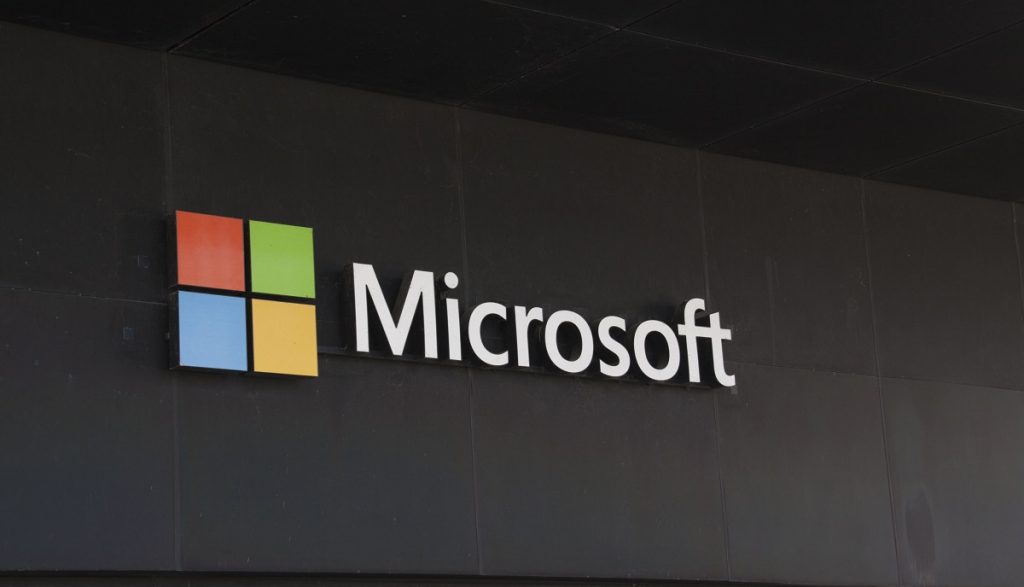Microsoft Follows Moorcrofts and Joins the Open Invention Network
Following the news, Microsoft has followed in the footsteps of Moorcrofts, our CEO and head of tech Andrew Katz comments on Microsoft joining the Open Invention Network.
In 2001, the allegedly chair-throwing Steve Ballmer, CEO of Microsoft, famously said that “Linux is a cancer that in an intellectual property sense attaches itself to everything it touches”. There was no starker divide between the proprietary software world, and the world of free and open source software. Ballmer claimed that Microsoft held 235 patents which impinged on the Linux operating system, suggesting that companies which make money from Linux are potentially in the firing line for patent infringement. Microsoft then entered into a notorious agreement with Novell, protecting Novell and the purchasers of Novell’s version of Linux from these patent threats (of course, Microsoft never specified which patents were being infringed, which would have helped Linux users identify what the possible infringements were, and let them proactively do something about it). This agreement even prompted the Free Software Foundation, in its first update to the GPL in 16 years, to include a clause making such deals toothless in the future (although this would never benefit Linux which will forever be licensed under the older GPLv2 licence).
Since then, as Linux deployments far outstripped those of Windows, both in pure numbers and in the breadth of deployment (from tiny devices through to almost all of the world’s supercomputers), Microsoft has become more open source friendly. Back in 2009 I predicted, in a feature in SCL Magazine, that Microsoft would open source major parts of its code. It was a bold claim, (the editor subbed it as a ‘bit of fun’) and was regarded at the time as fairly nuts, but I stood by it, and since then Microsoft has, indeed open-sourced huge quantities of code, such as .NET, and, indeed, is one of the biggest corporate contributors to the linux kernel. I knew that Microsoft was serious about the open source journey since two good friends and open source advocates, Stephe Walli and Ross Gardler, both joined Microsoft as Open Source evangelists, and, initially fearful that they would be swallowed by the Microsoft machine and its seemingly endless supply of Kool-Aid, I was increasingly comfortable when I noted the absence of the glass-eyed stare traditionally associated with cult membership. People like Ross and Stephe had managed to change Microsoft (or at least part of it): not the other way around.
Has Microsoft turned from devil to angel? No: it’s a huge organisation, and it’s still has some worrying characteristics. My biggest concern, currently, is that as more and more of its activities take place in the cloud, its business model moves from software licensing to subscription services paying for access to functionality, not code (it’s relatively easy for licence like GPL to influence what happens in distributed software, but, despite the best efforts of licences like AGPL and OSL, it’s much more difficult for the same to be true of software whose functionality is accessed through the cloud).
Which brings us up to 10 October 2018, when it was announced that Microsoft had joined OIN. Open Invention Network is, in essence a patent pool and mutual patent defence organisation. Its members agree to grant a royalty-free licence to all other members covering the members’ use of the “Linux system”, which covers not only the Linux kernel, but a large number of associated tools, software and utilities associated with it (the ever-growing list can be found here: OIN Community Initiatives and OIN Community). Moorcrofts has been a member of OIN since February 2018 (yes, we use Linux, and yes, we also do software development from time to time). It’s fantastic that Microsoft has followed our lead and joined membership, and it finally puts to rest Ballmer’s “235 patents” claim: in fact, Microsoft currently holds over 60,000 patents, which are all potentially licensed under the OIN’s licence. This is seismic news for the world of Free and Open Source software, and finally lays to rest one of the biggest threats to Linux. It also means that any other organisation asserting their patents against an OIN member potentially have the might of Microsoft’s patent portfolio against them in retaliation – a powerful disincentive to proceed. Microsoft is in good company. Apart from Moorcrofts, of course, the membership includes Google, IBM, NEC, Philips, Red Hat and Sony. Microsoft was the industry’s biggest hold-out, and this news means that, from a patent infringement perspective, running a Linux-based business is much less risky than it was.
Am I surprised? Not enormously, but I am delighted. Why was I half expecting this? Microsoft also recently joined the LOT Network, which is in many ways similar to OIN (and works in a more interesting way). Moorcrofts is about to join as well (this time we’re following Microsoft’s lead). I’ll be writing about this in a different post.
For more information, contact Andrew Katz.



